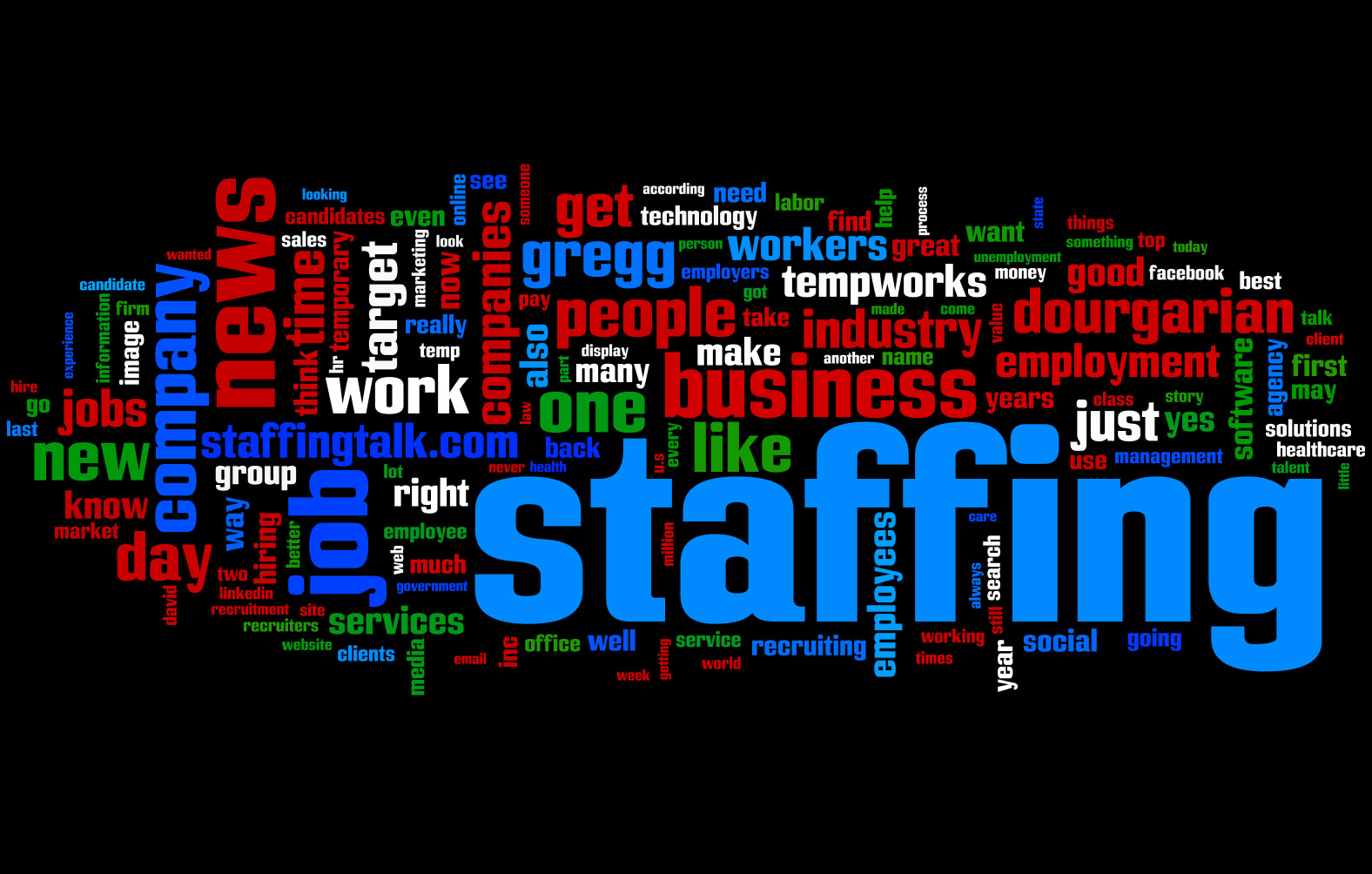Yes, yes… I’m writing about sales taxes again. This time, however, it’s not about the Amazon vs. California battle or the general difficulties facing online sales taxation.
I know it’s still July, but kids and parents are already getting ready for the coming school year, which means a lot of shopping for clothing, books, computers and various other school supplies. Over the past decade or so, many states and cities have instituted “sales tax holidays” as a way to spur commerce and provide a little savings to their residents. And most of the states don’t require consumers to prove that non-clothing purchases are going to be used for school/students (how would you prove that, anyways?), which means it might be a great time for anybody to stock up on some of the non-children-related exempted items.
These sales tax holidays vary widely throughout the U.S., from exemptions for virtually everything in Louisiana (on August 5-6), to exemptions for clothing and footwear costing under $100 in Oklahoma (August 5-7). For computers, Missouri and North Carolina gives tax exemptions up to $3,500, while New Mexico only exempts only those costing under $1,000. (Links go to those states’ tax departments.) Here’s a list of the dates of states’ sales tax holidays: http://blog.avalara.com/2011/07/28/gear-up-for-2011-sale-tax-holidays/
In other words, if you’ve been considering buying a new computer or other technology (for your kids, yourself or for the office), you might be able to save 5-10%, depending on if your state/county/city are participating in the holiday. For a good overall list of state-by-state sales tax holidays and exempted items, check out this article from Forbes (via Yahoo! News).
Of course, every silver lining has a cloud lurking nearby, and in this case, it casts a bit of a shadow over the retailers who have to comply with these sales tax regulations. For the smallest stores, this may not be so difficult, but for businesses with more than one location, especially those who offer online sales, it can be a challenge to:
A) Keep up with when the sales tax holidays take place;
B) What items are exempt and to what dollar cap; and
C) Set up their sales and ecommerce systems to recognize these factors.
In our August issue we’ve reviewed the latest versions of sales and use tax systems. There are different approaches to the task, from after-the-fact reporting-focused programs, to web-enabled systems that integrate with a business’ sales programs to automatically find and post the correct sales tax, including recognizing sales tax holidays and other issues that affect taxation. The key to avoiding the headaches of compliance, and the penalties that result from non-compliance, is for small businesses to find the solution that works best for them. Also- be sure to check out your state’s tax department’s website (or those of your clients) to make sure you’re ready for the sales tax holidays.
Thanks for reading CPA Practice Advisor!
Subscribe Already registered? Log In
Need more information? Read the FAQs



